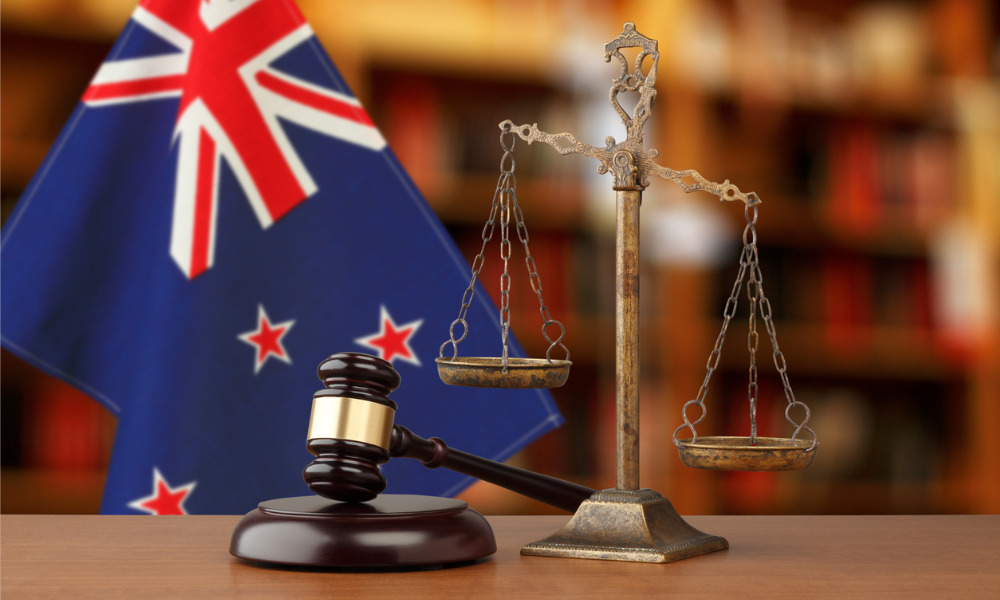
The NZ Bar Association and the NZLS highlighted issues with access to justice and reoffending rates

The New Zealand Law Society | Te Kāhui Ture o Aotearoa and the New Zealand Bar Association | Ngā Ahorangi Motuhake o te Ture have voiced concerns after the government revealed that it is introducing legislation to withdraw funding for sentencing reports presently available under Section 27 of the Sentencing Act 2002.
The Bar Association said that the government’s plan will complicate the process of imposing appropriate sentences for judges. Moreover, it would compromise rehabilitation efforts and negatively affect reoffending rates.
The Law Society pointed out that these reports, which include “comprehensive account of any relevant personal, family, whānau, community and cultural factors, and the relationship between those factors and offending behaviours”, aided judges in better understanding offenders.
Bar Association Criminal Committee co-chair Rachael Reed KC explained that currently, qualified offenders can apply for funding via legal aid to prepare a sentencing report. However, under the government’s plan, legal aid can no longer be used to fund such reports.
"While the government has indicated that the offender will still be able to call on a person to speak to the court about their background, the reality will be that access to important information will not be as readily available and risks disadvantaging those who cannot afford to pay", the Bar Association said in a media release.
Law Society President Frazer Barton added that the legislation represented “a significant breach of fundamental rights”.
“With funding for these reports removed, the only way a person facing sentencing will be able to access them is by paying privately. Those who can afford this would then have a greater level of representation in court than those receiving legal aid”, he said.
Barton indicated that Māori people in particular would be affected.
“Defunding the availability of these reports through legal aid will have a more pronounced effect on Māori, who remain overrepresented in the criminal justice system. But we must be clear here – despite common sentiment, this is not an issue of certain ethnic groups receiving more favourable sentences, and it is not about simply reducing sentences”, he said. “The provision of these reports is about equitable, effective, and tailored sentencing outcomes. The reports serve a range of individuals across all ethnic groups, many of whom come from lower socio-economic backgrounds”.
Criminal defence lawyers would also hampered by the legislation, being “under a professional obligation to place all relevant material before the court”.
“The information that comes to light in the preparation of these reports is often highly relevant to the circumstances of the offending. We already know that some lawyers are bearing the cost of relevant specialist reports for their clients, doing so because of their deep commitment to a fair and just process”, Barton explained.
The Law Society pushed for a public consultation to be conducted via the standard select committee process.